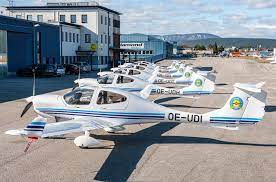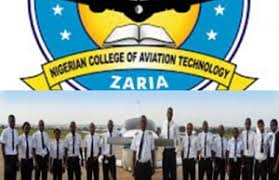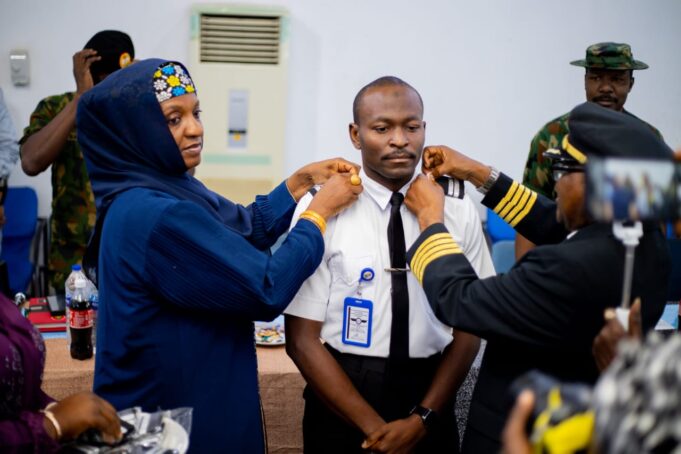
The Aviation Training Organisations (ATOs) in Africa have concluded plans to harmonise their training in a bid to address the technical personnel inadequacy and increase the continent’s contributions to the development of aviation in the world.
This is coming as Nigeria and Uganda are on the verge of signing a Memorandum of Understanding (MoU) on the harmonisation of aviation training, which would allow technical personnel like pilots, engineers, flight dispatchers and others from the two nations to work within each other’s countries.
However, for harmonization of training to happen, stakeholders in the industry have canvassed for all the aviation training centres on the continent to come under the African Aviation Training Organisations (AATO) for certification.
Speakers at the 29th AATO Council Meeting Symposium and 10th year Anniversary of the organisations in Abuja on Thursday with the theme: “Advancing African Aviation Training Excellence,” said that it was necessary for Africa to emulate the European Union (EU) by harmonizing and standardizing its training under one syllabus and curriculum.
Dr. Yakubu Ibrahim, the Technical Coordinator, AATO, West Africa, in an interview with aviation journalists on the sideline of the three-day event, said that the aim of the body was to bring all African countries together in a bid to harmonise their activities and certificates.
He explained that such agreement would enhance job opportunities for technical persons in the industry, insisting that the current barrier must be broken.
For instance, Ibrahim explained that Europe had broken such barriers, which had further created more job opportunities for its personnel, while their airlines operate seamlessly into their skies.
He, however, mentioned funding as the major challenge bedeviling the attainment of AATO aims, but maintained that no nation could go it alone.
He said: “If I am a pilot trained in Nigeria, I can equally go to any of the countries on the continent to practice. So, why should we have to create boundaries? The Europeans have a harmonised system. So, I believe that by bringing all African training organisations in one place, we should be able to sit down and discuss how we can bring down the boundary.
“Funding is one of the major challenges. People don’t want to sacrifice. The Nigerian College of Aviation Technology (NCAT), Zaria for instance is the founding father of AATO and we pull more resources than most members just to see that AATO does not collapse.
“Another thing is to see how we can harmonise our curriculum. We feel that we are independent nations. Which courses do you think we can come together to address? That way, the issue of no jobs here and there will be solved. If we know that we have no manpower in Nigeria and Ethiopia for instance has the manpower, they can employ our people and vice versa.”
Ibrahim also revealed that some ATOs from Uganda were currently in Zaria to inspect the infrastructure of NCAT, which would lead to the signing of MoU between the two.
Also, Mr. Festus Keyamo, the Minister of Aviation and Aerospace Development in his goodwill message, reiterated the readiness of Nigeria to collaborate with other countries to complement training on the continent.
Keyamo explained that as a region that faces shortages in critical skills in key areas of civil aviation, there was the need for member nations to plan, coordinate, manage, operate and oversee all complex operations in various aviation infrastructures.
He emphasised that the growth of the industry would be influenced by the pace at which African organisations were able to develop and retain adequate and skilled human resources in compliance with the International Civil Aviation Organisations (ICAO) provisions, plans, programmes and required performance specified its Standard and Recommended Practices (SARPS).
He stated that ICAO was concerned about the disparities in aviation training quality and standards that lead to inability to achieve the same level of human performance at work within the continent and appealed to states to focus on the development of skills and capacities in order to have a common level.
He added: “The implementation of harmonised and standardised training is necessary for the achievement and sustenance of high levels of aviation safety in Africa.
Keyamo also bemoaned inadequate funding, low membership, fragile institutional framework, and lack of awareness as some of the challenges facing the organisations.




